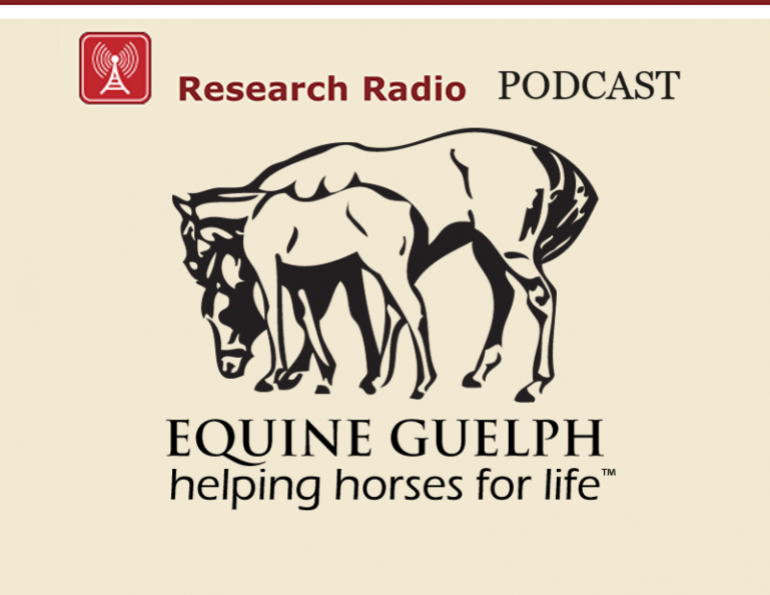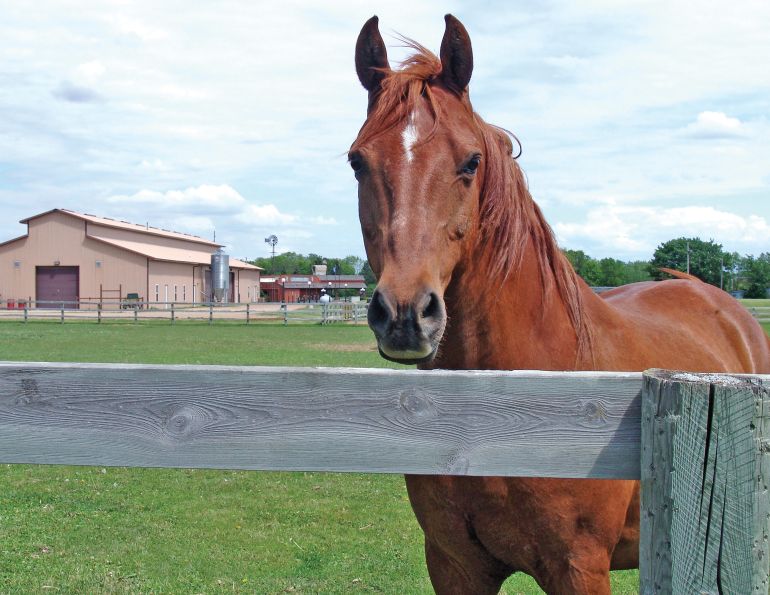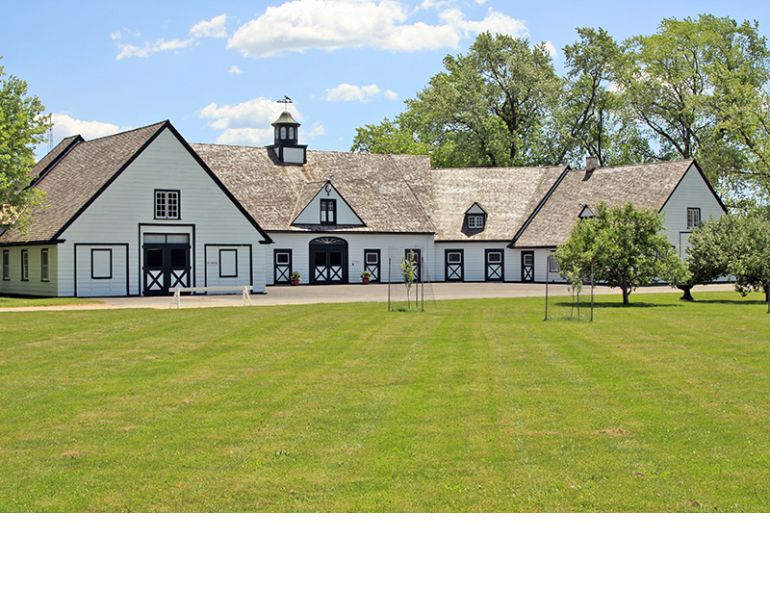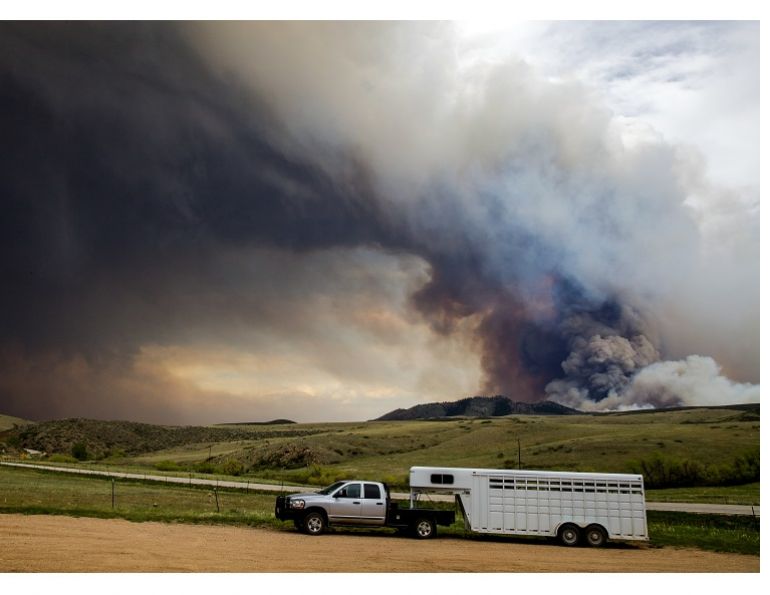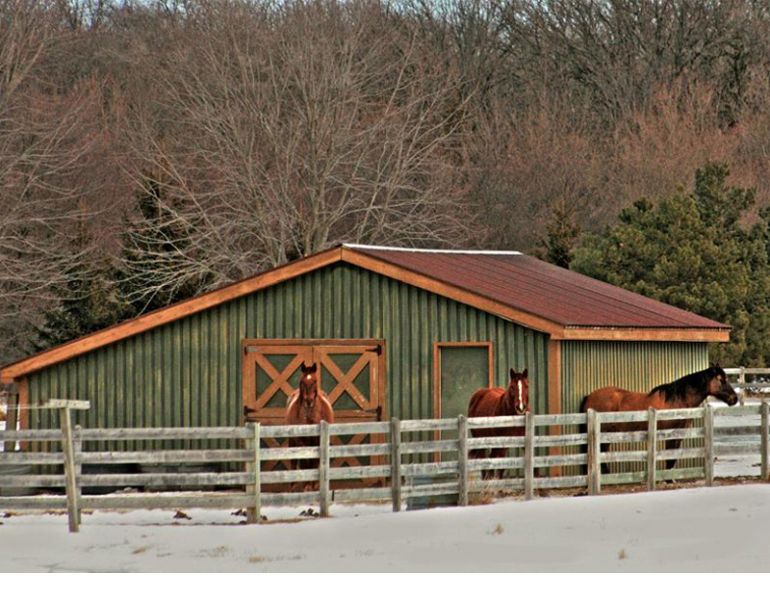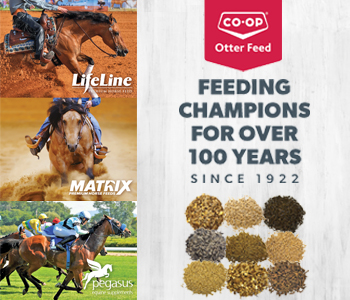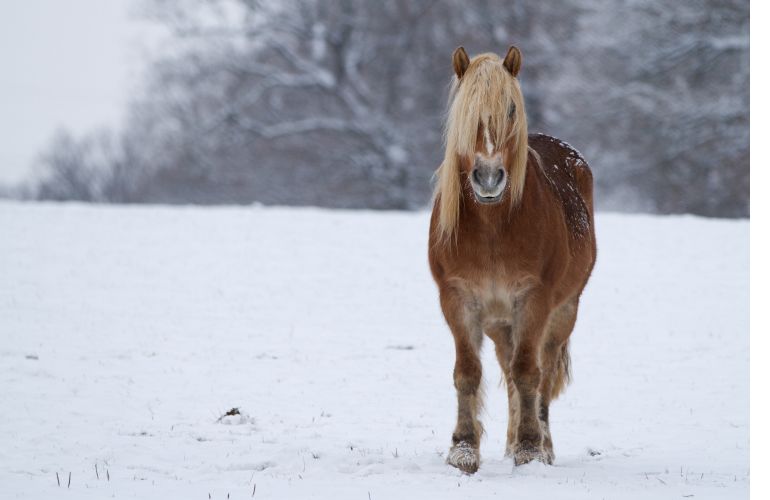With Stephanie Captein, Langley Environmental Partners Society
Q: I’d like to make my horse facility more environmentally friendly but I’m on a tight budget. What are some inexpensive ways to “green” my barn?
A: Going green doesn’t have to mean spending a small fortune. There are many budget-conscious ways to change the way you manage your facility so that your barn and property are more eco-friendly. “We just need to recognize that all the little things we can do, really add up to have a big impact,” says Stephanie Captein, Agriculture Program Coordinator with Langley Environmental Partners Society (LEPS) in Langley, BC.
According to Captein, “A starting point for anybody is to write a list of all the inputs and outputs you have at your barn. Inputs would be things like electricity, water, bedding, hay, feed, even medication, and outputs would be things like manure, empty containers, empty feed sacks, baling twine, plastic, and old tack and blankets. Then just apply the simple little rhyme we all learned in school – Reduce, Reuse, Recycle – and see if you can find the practices that are easiest and least expensive to implement, but will really make savings along the way in terms of the environment and, usually, your wallet along the way.”
Reduce
One of the easiest inputs to reduce is electricity. “Install some timers or dimmers in the barn,” suggests Captein. “You can try to switch to fluorescent lighting as opposed to the incandescent. And follow the simple policy – last one out of the barn turns the lights off.
Water use is another area in which Captein sees significant waste. “Washing down the stalls, washing horses, filling water buckets – make a mental note of all the times that you use water and look at ways to reduce it,” she says. “By installing gutters and a rain barrel system you can collect a lot of water that you could use for washing the barn or your horses. That goes a long way to reducing your environmental impact. If you’ve got a big trough full of water and it gets scuzzy and you need to change it for the horses, you can use it to water your plants and flowers rather than just pouring it out.”
Related: Stream Care Strategies for Your Horse Property

Photo: Holly Burns, www.hollyburnsmedia.com
Bedding is also a material that sees a lot of wastage. Rubber mats, while expensive to install, can save on the amount of bedding you use. Or evaluate your stall cleaning method. “Some people put a lot of bedding down and clean the whole stall out quite frequently,” Captein explains. “Instead, do spot treatments with your pitchfork to take out what’s needed and save the entire clean-out for once a week, depending on what works for you and your barn.”
If you can, buy items like hay, feed, and bedding in bulk. Try to have them delivered at once, if you’ve got the storage space, rather than making multiple trips to the feed and supply store which will increase your fuel use.
Reuse
“See what you’ve got at your barn currently and decide what you need,” advises Captein. Old lumber lying around can be used for various projects such as blocking off a stall or repairing fencing. Empty feed and supplement containers can be used to store grooming supplies or as water buckets. Think outside the box to come up with new uses for old items.
“I find horse people are quite inventive and ingenious with some of the things they come up with,” says Captein. “A big one seems to be baling twine. I’ve seen people make really neat rugs for the barn to wipe your boots on. It looks fancy but it’s nothing more than a simple braid to make a woven mat – really useful. I’ve also seen people use baling twine to replace bucket handles or fence closures.”
Related: How to Green the Horse Barn
Recycle
One of the biggest outputs at any barn is manure. Captein strongly recommends composting manure as the most environmentally friendly management practice. “It’s a great way to reduce your impact because you’re not sending [the manure] to the landfill, you’re not having it trucked around, and then you get to use it in your garden or on your pasture.” Or, she suggests, “You can donate your composted manure to a community garden where it’s seen as a resource, not as a waste. It’s a win-win.”

Manure management is one of the most important ways you can reduce your environmental impact. Composting your manure will keep it out of landfills, eliminate the need for it to be trucked around, and can be used to improve the condition of your garden or pastures.Credit: Robin Duncan Photography
Whenever possible, recycle all empty containers and packaging, and don’t forget about baling twine and/or the plastic wrapping on hay bales. “Get in touch with the waste collection provider from your municipality to see if they’re able to incorporate these into what they do collect,” says Captein. “You could also do a search of recycling companies in your area. There are a number of smaller companies that don’t service entire municipalities but are more specialized to certain commodities like these plastics that are used in the twine and the bale wraps.”
But, she notes, the margin for these companies when it comes to recycling these plastic materials is small. If you work together with horsey neighbours, local equestrian clubs, or a tack store to set up a central depot location where larger volumes of baling twine and bale wraps can be collected, the recycling companies may be more likely to pick up the plastic materials for free.
Be creative when looking for ways to reduce, reuse, and recycle, and remember that even small changes can add up to have a big impact.
Related: Barn Makeover: Keys to a Successful Renovation
Langley Environmental Partners Society (LEPS) is a non-profit, partnership-driven organization founded in 1993 to achieve the mission of “protecting and restoring the natural environment through education, cooperation, and action.”
Main photo: ©CanStockPhoto/IvonneWierink





